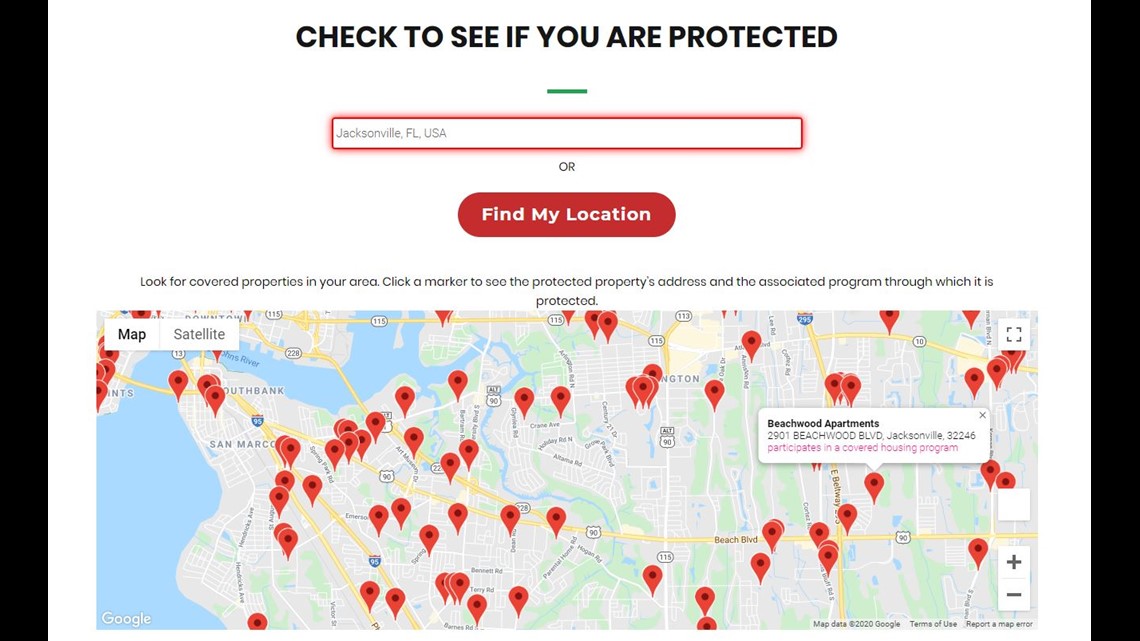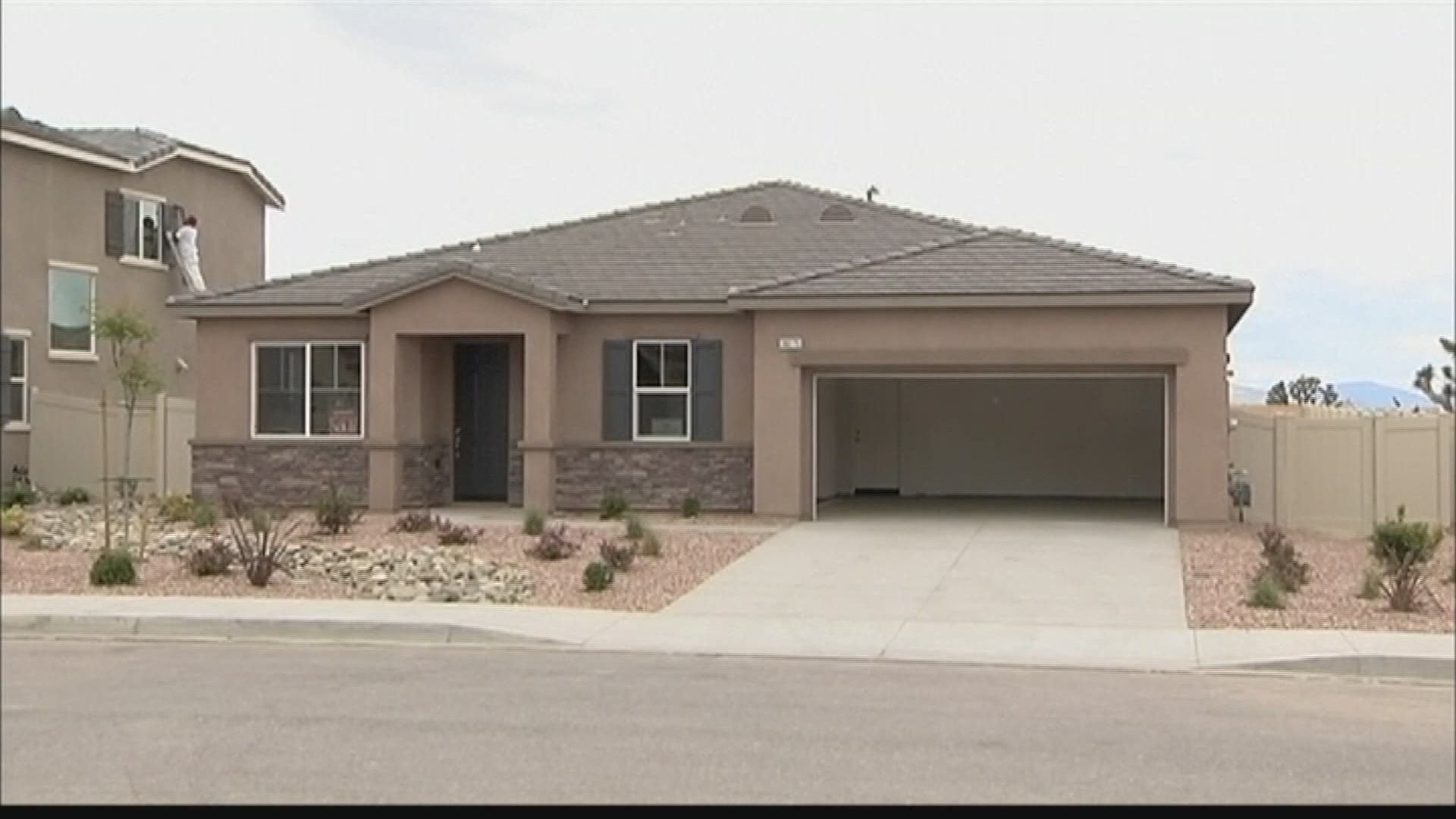JACKSONVILLE, Fla — Across Florida, unemployed and furloughed workers unable to afford rent have their eyes set on June 2, the day the state's moratorium on evictions and foreclosures expires. If you fall into this category, you should know your rights and the next steps to take.
On May 14, Gov. Ron DeSantis extended Executive Order 20-94, originally signed into law in early April. The order stops foreclosures and evictions from moving forward in court.
With no indicator of whether 20-94 will be extended further, there is a serious expectation that eviction proceedings could soon skyrocket when it expires.
"I think it's going to be a very significant crisis that's going to require some heavy governmental intervention," said Tampa-based foreclosure attorney Ryan Torrens.
As a flood of potential eviction proceedings looms, Torrens' firm set up a website to help answer common consumer questions around the status of state and federal programs and laws during the coronavirus.
Torrens said renters and homeowners who have never gone through the process of an eviction or foreclosure may not be aware of the procedure that needs to be followed in order to defend themselves in court.
Florida Statute 83.232 requires the defendant in eviction proceedings, referred to as the "tenant," to pay any rent fees owed to the court "on or before the date on which his or her answer to the claim for possession is due."
Basically, in order to contest an eviction, you must first pay any rent owed to the court registry. Torrens hopes to see an executive order overriding the law.
"We have thousands of Floridians that are unemployed and can't afford their rent, and Florida law says if you don't put the back rent into the registry of the court, you don't even get your day in court. You lost the eviction automatically," Torrens said. "Our renters should not be punished for something that is an act of God and no fault of their own."
After first receiving a notice and later being served with an eviction summons, a tenant has five days to respond with an answer to the local clerk of court.
"You only get five days. If you don't file that in five days, you're out," Torrens said. "Go online and look up your local clerk of court. Go into the front desk and tell them you need to file your response. Hand it to the clerk, they'll file it and give you a copy back."
Torrens emphasizes that people should also know whether their landlord or the holder of their mortgage has the right to continue with eviction or foreclosure proceedings.
Under the federal CARES Act, a moratorium was placed on evictions and foreclosures at properties that have received federal funds or are part of a federal housing program.
For example, an apartment complex or a mortgage holder may have a federally-backed mortgage loan, even if that property is not considered "public housing." In that case, the tenant or mortgage holder would be protected from eviction or foreclosure until July 25.
The federal protection does not apply to evictions filed on or before March 26, or if the eviction is based on breaking a rule in the lease.
And for those with a mortgage forbearance, Torrens notes that lenders should not be able to collect all the payments owed at once.
"If your mortgage is federally-backed, if it's a Fannie Mae or Freddie Mac mortgage, the bank is not allowed to make you pay the amount at one time," he said. "It is illegal."
"For people in this state that are going to default on their mortgage, and it's about to head into foreclosure, I want you to remember: it is a dual-track," Torrens said. "If you're trying to work out something with the bank and you're talking to the representative on the phone, remember they are suing you in court."
"Just talking to the bank on the phone is most likely not going to resolve your situation. Just like the evictions, you have to go to the court hearings. You have to file your answer. You have to do all those things and pay attention, otherwise, they're going to have an auction date on your house and it could be too late."
Floridians concerned about being evicted can go here to see whether the complex they live in falls under the federal guidelines freezing evictions. The website also provides an array of resources and knowledge about the eviction process in Florida.


Additionally, Florida Law Help offers an eviction answer form that can be completed online here.
Below is an example of a motion Torrens provided that could be submitted to the court to extend a tenant's time to deposit back rent into the court registry.

